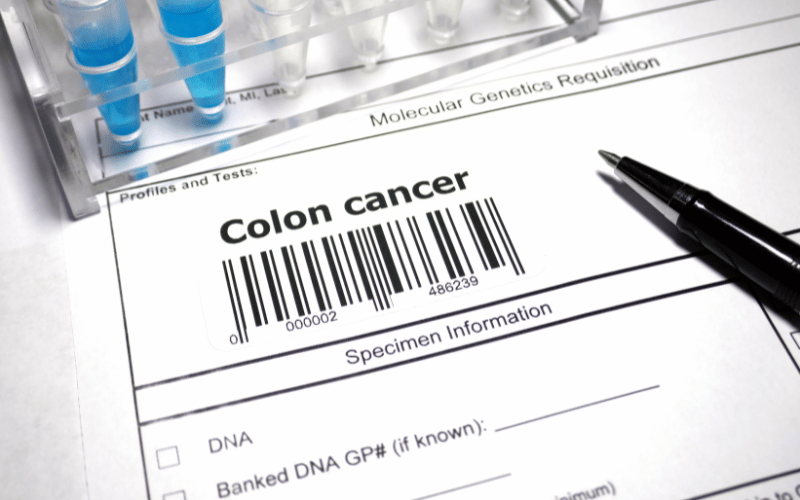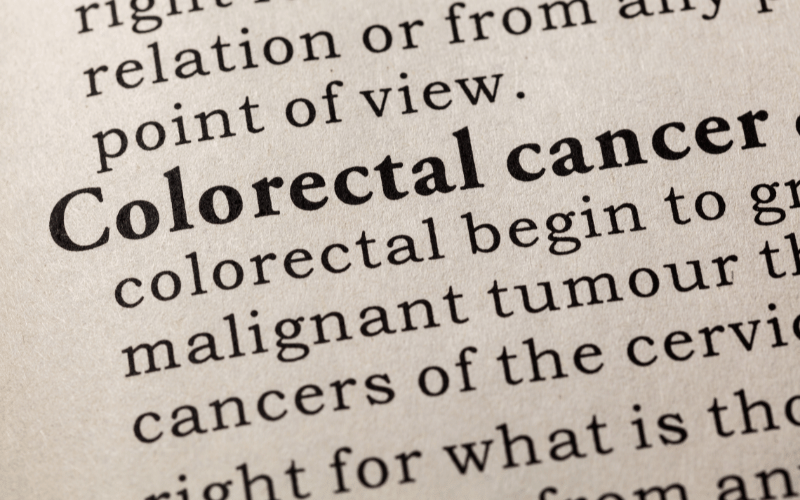Introduction

Colorectal cancer, often classified under the terms colon, rectal, or bowel cancer, has been grabbing global attention. This is primarily due to its widespread prevalence and an alarming rate of diagnosis. Why should you be informed about it? The answer is simple. Being aware and understanding the facts surrounding colorectal cancer can not only save lives but also help in its prevention.
If there’s one thing that many don’t realize, it’s that early detection can be a game-changer. The absence of symptoms in the initial stages is a challenge, making regular screenings paramount. Routine check-ups are especially vital for individuals over 50 or those with a significant family history of the disease. These simple yet essential steps can be the difference between life and death. Additionally, understanding the risks, from dietary choices to genetic predispositions, can further pave the way for preventive measures.
Now, you might wonder, what sets colorectal cancer apart from other cancers? This article aims to shed light on this. We’ll delve deep into its symptoms, preventative measures, and the ever-so-crucial aspect of early detection. By the end of this piece, we hope to provide a thorough understanding of the disease and emphasize the significance of staying informed and proactive.
Fact 1: Understanding Colorectal Cancer

Colorectal cancer, a term that encompasses colon, rectal, and bowel cancer, often begins as a seemingly innocent growth known as a polyp on the inner lining of the colon or rectum. These polyps aren’t inherently dangerous. However, some types can evolve into cancer over time. Notably, polyps’ transformation into malignant tumors can span years, offering a generous window for early intervention.
To visualize the affected region, consider the large intestine. It’s primarily divided into the colon, which is the larger section, and the rectum, the concluding segment leading to the anus. Both are vital cogs in our digestive machinery, playing pivotal roles in waste processing and elimination.
Unlike other cancers that might start with visible symptoms, colorectal cancer’s initial stages can be deceptively silent. This is why frequent screenings, especially after reaching middle age, become indispensable. The essence of these screenings lies in spotting and removing these polyps before they make the malignant transformation.
So, why does colorectal cancer begin? While the exact cause remains elusive, we know that it usually starts when healthy cells in the colon develop mutations in their DNA. These cells, instead of following the routine life cycle of growth and self-destruction, persist and accumulate, forming a tumor. (1)